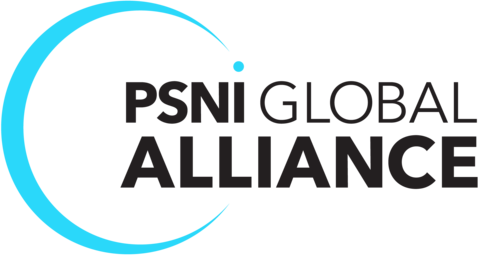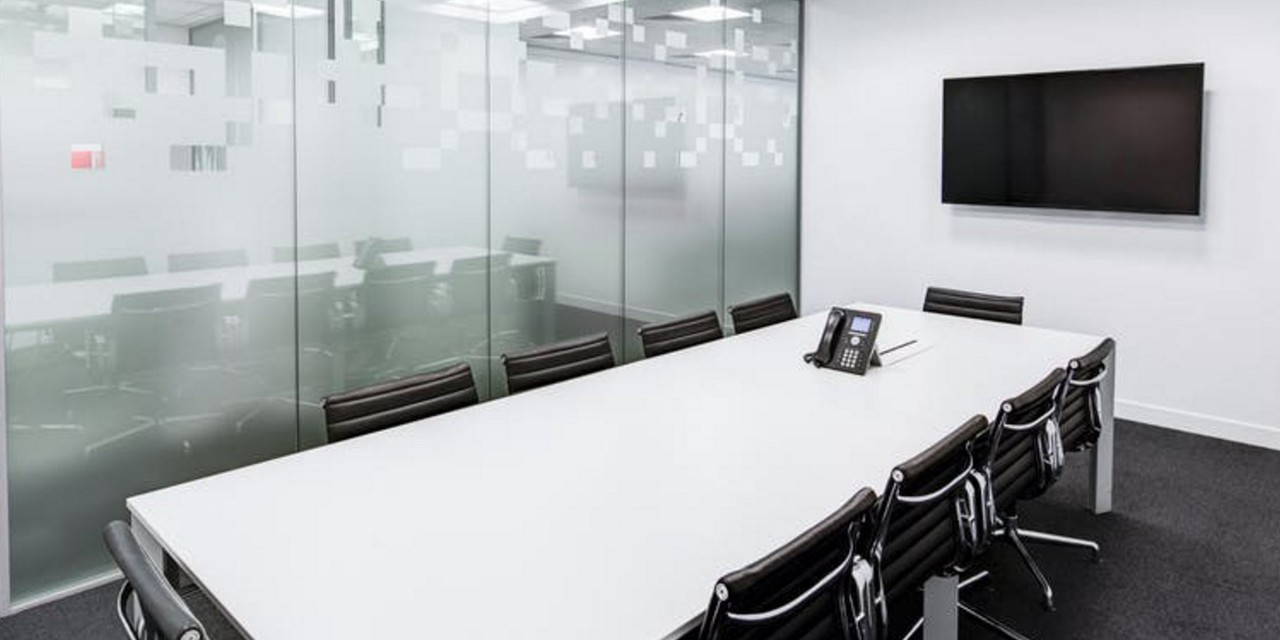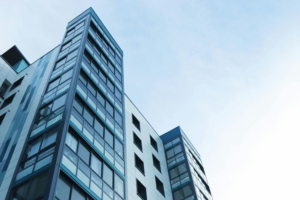Once you’ve gone through all the trouble of choosing just the right mics, cameras, and displays for your meeting spaces, you’ve made a significant investment. But what are the real-life results? Stakeholders want to see a return on their technology investments, but it’s important to recognize the soft benefits of improving the work environment and experience for employees. If they are able to actually enjoy their work, they become more engaged and productive. This is no small task, considering 71 percent of senior managers think meetings are inefficient as well as unproductive.
Here are some of the ways the right audiovisual tools will positively impact users at your organization:
1. Meetings will be shorter.
Common worker complaints about meetings include meetings going on too long. And while technology cannot make your colleagues stop talking about their pets, it can shorten meetings by helping them start on time. One study shows that more than a third of meetings start an average of 15 minutes late. Many meetings are delayed because organizers and participants spend time connecting to the display, figuring out why remote participants can’t hear or be heard, etc.
2. Employees will work more efficiently.
Collaboration technologies that allow participants to share content like presentations, links, and images in the actual meeting mean you don’t have to waste time using less efficient tools, like email, apps for taking notes, etc. With content-sharing tools that work with participants’ own devices, meeting participants see the information in the context of the meeting, meaning there’s less need for explanation or follow-up. A quick meeting to share and present will ultimately save more time than emailing information then getting on a call to explain and responding to follow-up questions.
3. Workers can focus.
Many of today’s offices may have open plans or cubicles. Though workers may have phones at their desk, they may struggle with making a sensitive call or having a quiet conversation with a colleague. Workers want work spaces that allow them to focus on work without distractions, as well as to communicate with those they need to in the appropriate environment. Well-equipped huddle spaces allow those who need to collaborate have the space and tools to do that, while letting others focus on their work.
4. Meeting room users will be more self-sufficient.
Your help team likely gets some panicked calls when users are trying to hold an important meeting but they can’t connect or get their meeting room equipment to work. By outfitting the rooms with easy-to-use tools that have intuitive controls and interfaces, workers will encounter fewer issues. Using simpler technologies, like single-box solutions that combine capabilities—both audio and video connectivity, for example—mean they not only waste less of their time, but they waste less of IT’s time.
5. Employees may actually like meetings.
One side effect of equipping meeting spaces with simple solutions that suit the rooms as well as user needs is that meetings will be more engaging. When participants no longer sit around doodling while someone fiddles with the equipment, they may stop groaning at the thought of yet another meeting. They’ll also enjoy collaboration more because it will be more visual, and everyone can see and hear clearly. Users will take advantage of your organization’s huddle spaces because they can get in and get to work quickly and easily. Meetings will be more interesting because everyone will be able to see and interact with other, and all participants will have the opportunity to share the information they want to when they want to.
When searching for meeting room equipment, it’s easy to get caught up in the sea of choices. There are so many collaboration tools available, it’s hard to know what will make the best investment. However, if you evaluate solutions from the perspective of the impact you’d like to make on your users, the entire organization will begin to see positive results.
You might also be interested in:










